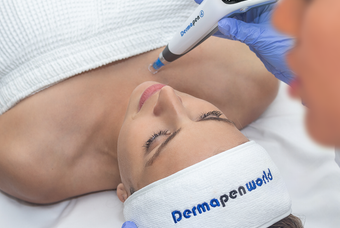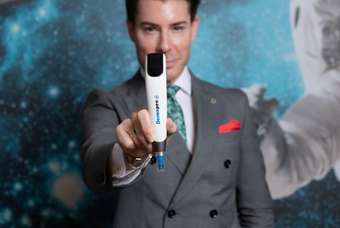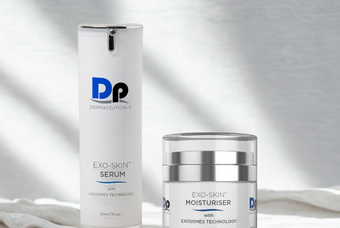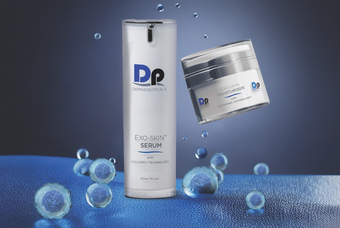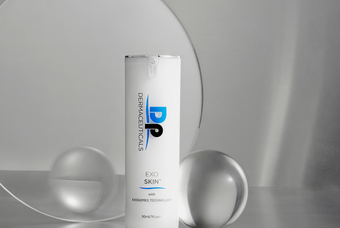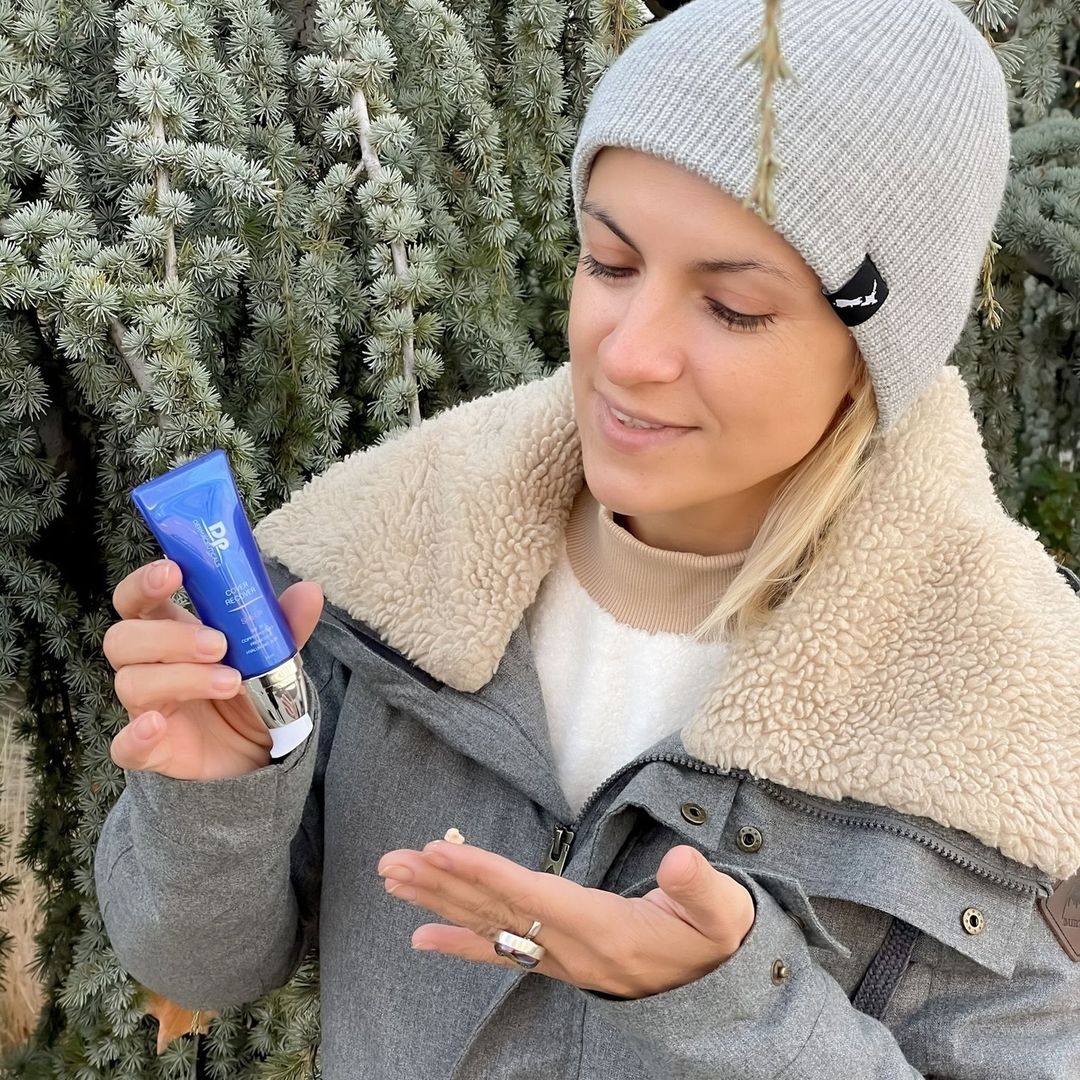Summer is officially here! Sunscreen is important to wear every day, but it’s especially vital as we spend more time outdoors and in direct sunlight. When it comes to choosing a sunscreen, there are two options available, physical and chemical, which both work to block harmful rays and protect the skin. Physical sunscreen (also referred to as mineral or natural) sits on top of the skin to deflect and scatter UVA and UVB rays away from the skin. Contrastingly, chemical sunscreen absorbs into the skin and its active ingredients soak up the UV rays and convert them to heat, which is then released from the skin.
The active ingredients in physical sunscreen are zinc oxide and titanium dioxide. Chemical sunscreen utilizes organic (carbon-based) compounds, oxybenzone, octinoxate, octisalate, and avobenzone. These ingredients, while different, all provide necessary sun protection, it’s just important to identify which is the right one for your skin type and activity.
Because physical sunscreen is not absorbed by the skin, it has a unique set of benefits for sensitive and acne-prone skin:
• Non-comedogenic
• Anti-irritant – zinc oxide
• Anti-microbial – titanium dioxide
• Fast-acting
• Moisturizing
Physical sunscreen is receptive to being combined with other skin-enhancing products as it is the milder of the two SPF options. However, it also has a few disadvantages. It can feel quite thick on the skin and is difficult to blend in. Additionally, it is not water-resistant and needs to be reapplied after exercise or water activity. Physical sunscreen is best-suited for sensitive skin, even though it requires more frequent application and might feel heavy, but it will not irritate, flush or cause breakouts.
Chemical sunscreen is often chosen by individuals looking for "barely there" coverage. The formula is thinner, which makes for quick and easy application (and reapplication) – think the type that comes in an aerosol spray or is categorized as “sheer.” It can also be more economical because less is needed to protect the skin because there is no risk of leaving spaces between the sunscreen molecules after application. Having said that, because it is deeply absorbed it can cause irritations for sensitive and acne- prone skin or after any type of skin procedure. It is always advisable to conduct a patch test to a small area of the skin to check for potential irritation. Some recent studies have also shows that chemical sunscreens may actually do more harm than good.see
Bottom line for chemical sunscreen is that while it may be more convenient for use during sporting acticities, extended time outside when you might be sweating, or any water-activity (pool, beach, etc.), it does tend to cause irritation and experts are still out on how safe it actually is.
DP Dermacetuicals Cover Recover is a physical sunscreen that protects skin post-treatment or as a daily SPF.


